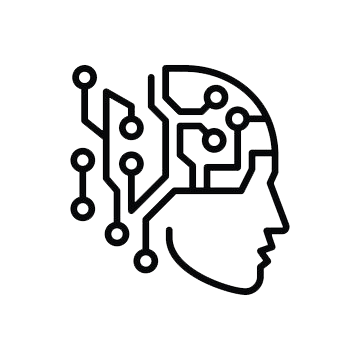The track on data analysis and mining serves as a dynamic and information-rich forum where professionals, researchers, and experts converge to explore the latest developments, challenges, and innovations in the field. The field of data analytics and mining is characterized by constant innovation and adaptation to emerging technologies and data sources. Key trends include the increasing adoption of artificial intelligence and machine learning techniques for more advanced and accurate analysis, the growing importance of real-time analytics for timely insights, and the emphasis on data privacy and security in the wake of evolving regulations. Additionally, the fusion of data analytics with other technologies like the Internet of Things (IoT) and edge computing is opening up new possibilities for data-driven insights in various industries. The topics include, but are not limited to:
- Data retrieval
- Big Data Storage techniques
- Data Mining and warehousing
- Data visualisation
- Modelling structure and storage of data
- Scalability and portability issues of data
- Data privacy and security
- Parallel processing of big data
- Distributed access of data
- Application of big data and related topics
- Web mining, text mining
- Sentiment analysis
- Novel theoretical and computational models









